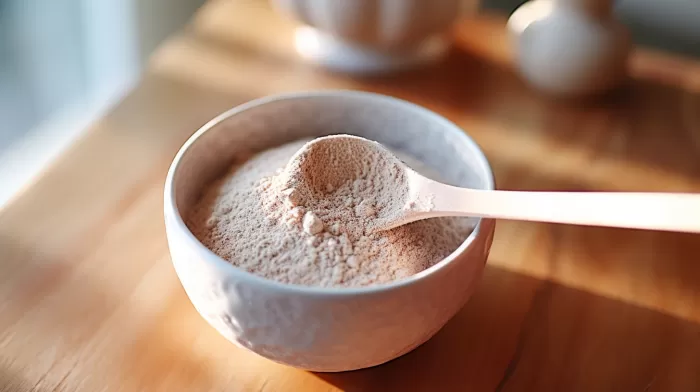Babies grow at a rapid pace, and as a result, their nutritional needs can be demanding, especially during their early years. Infants in developing countries, in particular, are frequently at risk of nutrient deficiencies. To combat the threat of anemia and iron deficiency in infants, researchers have been investigating natural nutritional supplements that can boost children’s health.
An In-Depth Look at Nutrient Deficiencies
Nutrient deficiency is a common health issue globally. A lack of essential nutrients in one’s diet can prevent the body from functioning correctly, as physically and mentally, the body requires the right nutrients for optimal health. Anemia, or a lack of iron, can lead to increased fatigue, dizziness, and difficulties in concentration. In children, anemia is mostly caused by poor dietary intake, hereditary disorders, or infections.
Nutrient deficiencies in children can have long-lasting effects on overall health and growth, often leading to stunted growth, recurring infections, and delayed cognitive development. Though supplementing an infant’s diet with the appropriate nutrients may not entirely eliminate these problems, it can significantly reduce the risk of developing these deficiencies and associated health issues.
The Power of Micronutrient Powders
In a Cochrane Systematic Review, researchers assessed the efficacy of micronutrient powders for children at high risk for anemia. The study analyzed over 3,700 children living in areas where anemia is prevalent, such as Asia, Africa, and the Caribbean. The children received micronutrient powders containing five to 15 varieties of vitamins and minerals mixed with homemade food. The studies in the review lasted between two months and a year.
The results showed that consuming these fortifying micronutrient powders led to a 31 percent decreased risk of anemia and a 51 percent reduced chance of developing an iron deficiency compared to participants who did not receive any intervention or took a placebo.
However, the research team did offer a note of caution when using this intervention in developing countries: “This intervention involves mixing the powders with homemade food as a vehicle, so it is important to assure that basic sanitation is available, and food hygiene and handling are done properly with safe water.”
Other Ways to Prevent Nutrient Deficiencies in Babies
In addition to using micronutrient powders and natural nutritional supplements, there are other steps that parents and caregivers can take to prevent nutrient deficiencies in babies. These include:
- Breastfeeding: Breast milk is packed with the necessary vitamins and minerals that your baby needs for healthy growth and development. The World Health Organization recommends that babies be exclusively breastfed for the first six months of life and continue breastfeeding along with appropriate complementary foods for up to two years or beyond.
- Diversifying their diet: As babies grow and are introduced to solid foods, it’s essential to provide them with a wide variety of food options to ensure they are getting all the necessary nutrients. Including whole grains, fruits and vegetables, and lean proteins in their diet can help boost their overall nutrient intake.
-
Iron-rich foods: Incorporating iron-rich foods into babies’ meals can help prevent iron deficiency anemia. Foods such as pureed meats, beans, and lentils can all provide a good source of iron.
-
Vitamin D supplementation: Most baby formulas are fortified with vitamin D, but if you are breastfeeding, consider speaking with your healthcare provider about supplementing your baby with vitamin D drops, as breast milk does not provide enough of this essential nutrient.
Take a Proactive Approach
By taking a proactive approach, we can help prevent nutrient deficiencies in babies and lower the risk of associated health problems in the future. Combining a diet rich in essential nutrients with natural nutritional supplements may be the key to ensuring optimal health and development for your baby. Always seek the advice of a healthcare professional to determine the best course of action for your child’s individual needs.



